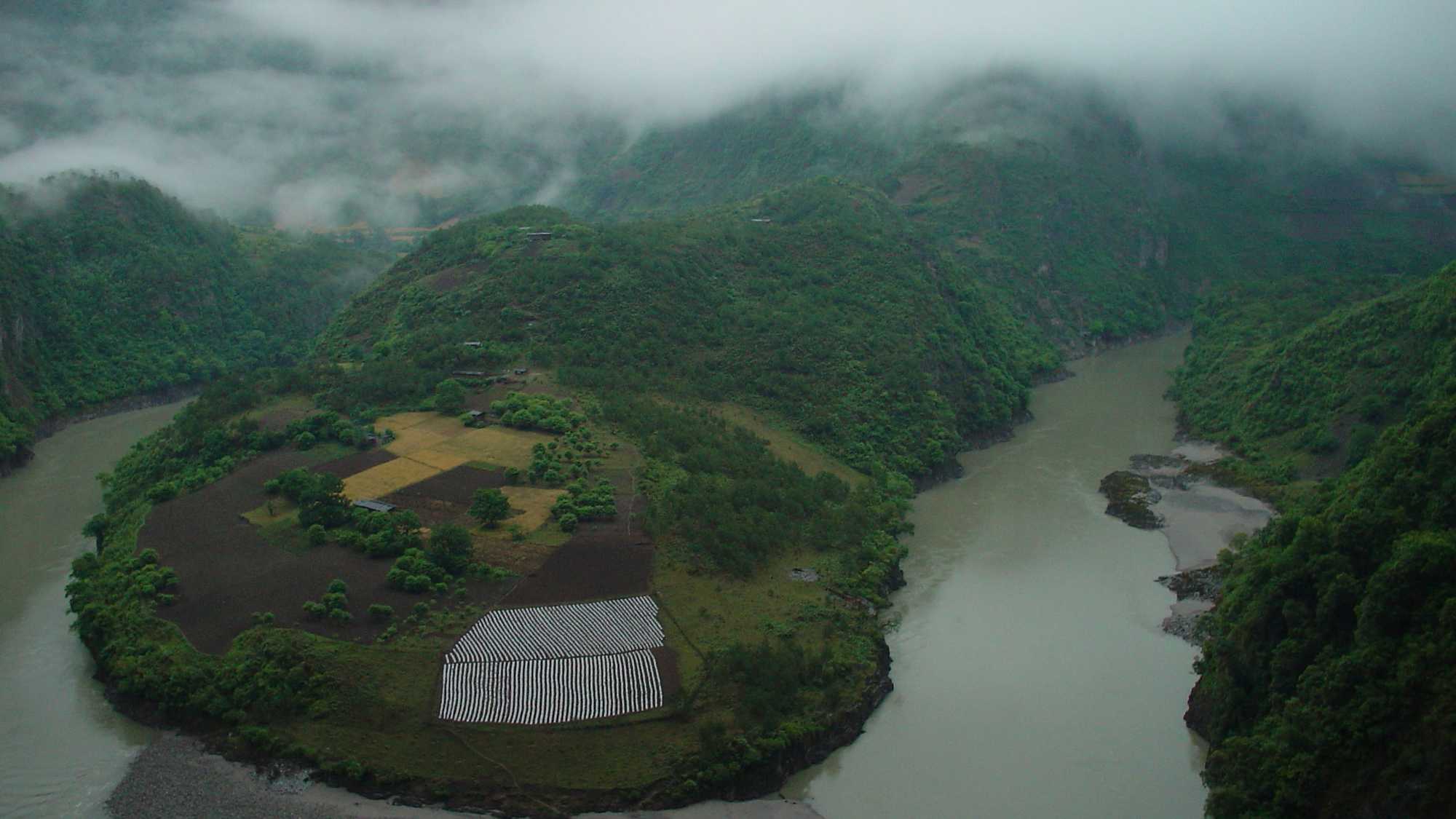Winding through landscapes of staggering beauty, the year’s most spectacular documentary accompanies a caravan as it traverses the highest and most perilous of the world's ancient routes.

The finest documentary China has ever produced in 100 years of filmmaking.
Screened as part of NZIFF 2005
Delamu 2004
Documentary filmmaking is perhaps the most exciting arena in current Chinese film. On the fringes of a somewhat controlled and financially challenged film industry, new and older talents are creating a space for fresh and critical glimpses at real Chinese life. Tian Zhuang-zhuang, film academy classmate of Zhang Yimou and Chen Kaige, has produced a spectacular account of life and culture in southwest China. There, an ancient road connects Yunnan province with eastern Tibet: the southern equivalent of the Silk Road. Unpassable for motor vehicles or even carts, the route was a packhorse trail shipping Chinese tea and Tibetan horses.
Tian and his crew spent several years filming in these mountains, creating a feast for the eye and the mind. Backed by a mesmerising score by Zhao Li, the images construct a contemporary Shangri-La. But the inhabitants of this remote place are a mixed lot: open, honest and hospitable to a fault. Where we might expect Buddhists, we come across a Christian community clinging to their faith. Tibetans, Han Chinese and other ethnic groups rub along pretty well in these tiny settlements. At a Buddhist temple, a teenage lama reflects on what he has given up in the outside world and what his life might have been. An engaging portrait emerges of a people quite different from any we have seen before in China.
As he did in his extraordinary Tibetan drama The Horse Thief, and even in The Blue Kite, Tian Zhuang-zhuang again goes to the margins of Chinese society to make penetrating comment on the state of China as a whole. This is the finest documentary China has produced in (this year) 100 years of filmmaking. It is also one of the best Chinese films from the last decade. Definitely not to be missed. — Paul Clark